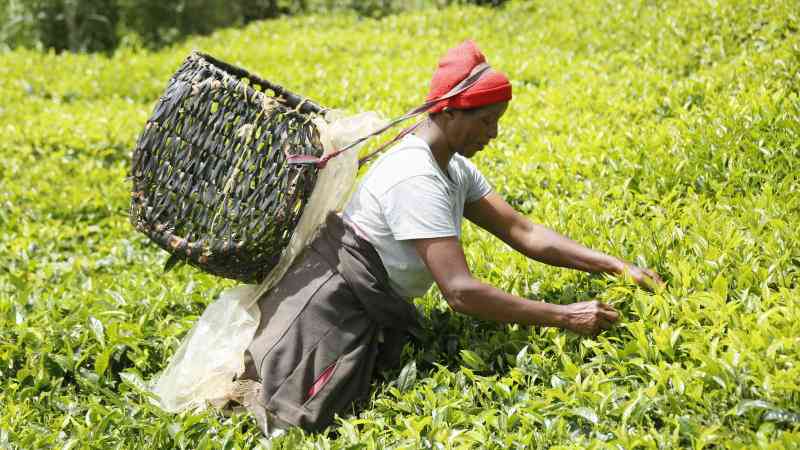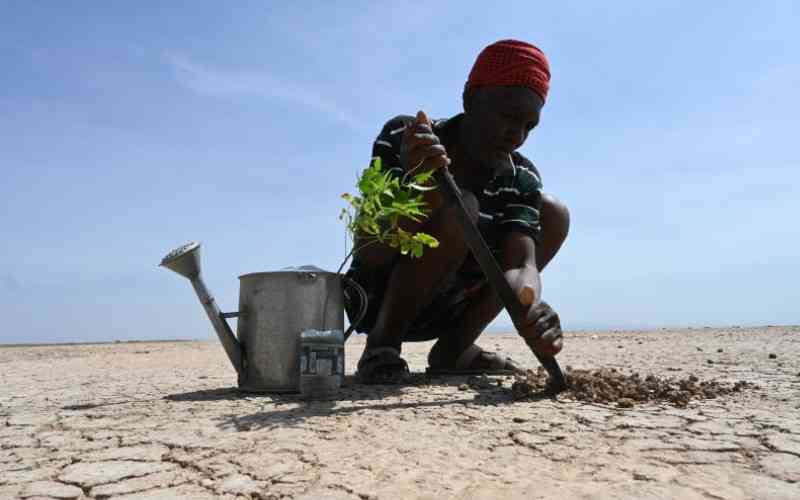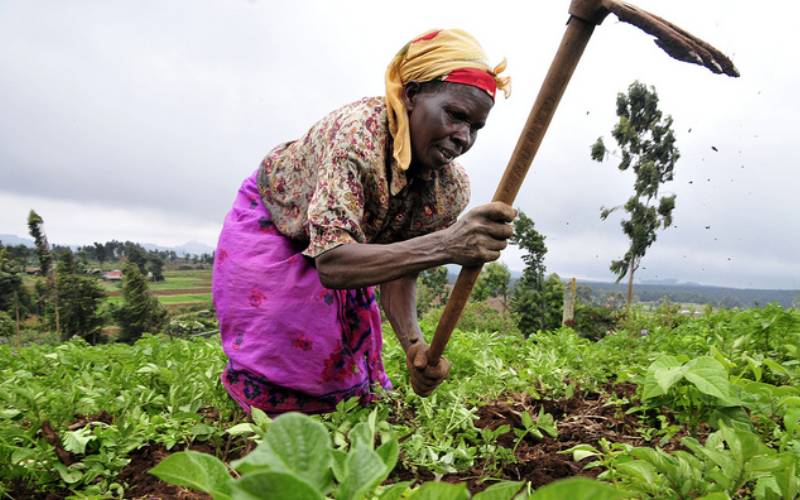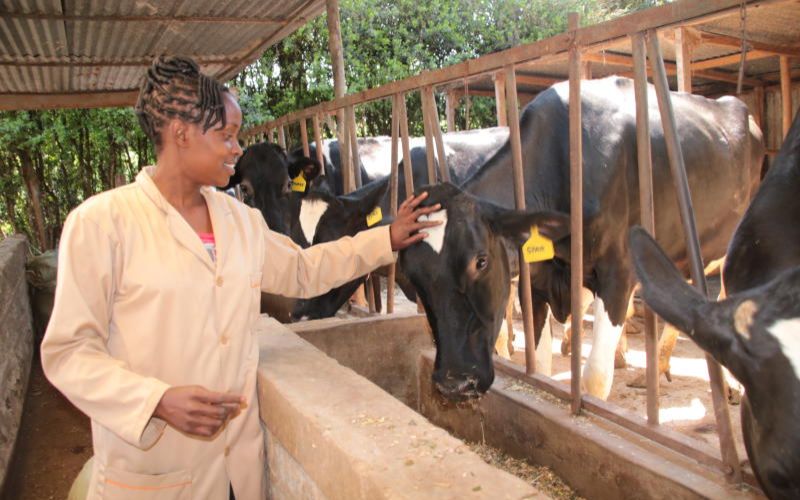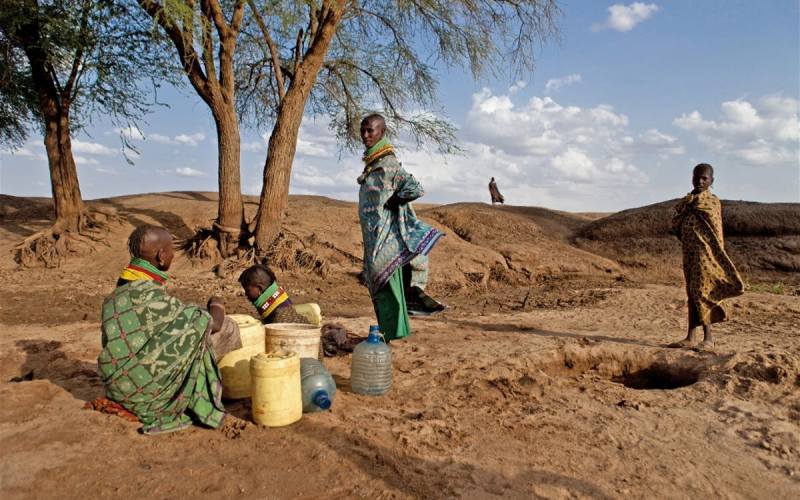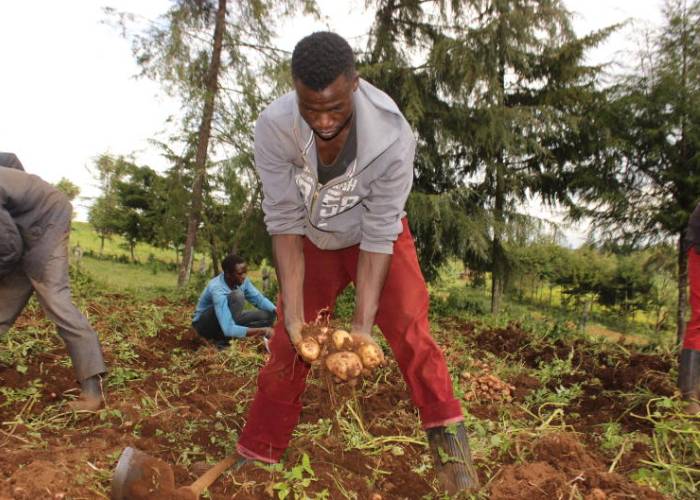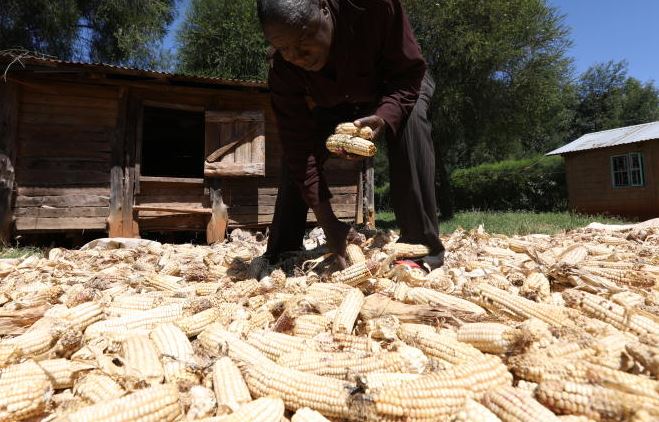There has been an ongoing debate on potatoes following KFC's revelation that they were facing a shortage of the same. The big question is why the resistance? This is attributed to the stringent quality assurance and regulatory requirements that many local suppliers and farmers are yet to comply with.
Agriculture being the backbone of the economy, our main export commodities are agriculture-based products. However, most of these countries and multinationals especially the European Union (EU) require total compliance with the food quality assurance standards. Access to these prime export markets depends on our capability to continually produce and supply high-quality agricultural products to meet their standards.
A case example is the imposition of stricter measures and mandatory 10 per cent sampling checks on residue levels on import of Kenyan beans by EU due to detection of excessive levels of pesticides residue. Most of these countries embrace total quality management which requires compliance from farm-to-fork approach, which emphasises quality from the initial stages of raw material production to the final stage of preparation and consumption. The majority of Kenyan smallholder farmers are not trained and do not understand the implementation of good agronomic practices (GAP) to standardise their production.
Potatoes are the second most important crop in Kenya, after maize and it contributes to food security and economic empowerment. Despite its importance, the yields are very low. The average tuber yield is seven tonnes per hectare (t/ha), yet most fields produce below three tonnes per hectare. The yield gap between what is currently produced and what can be produced is greater than 20 tonnes per hectare. Economically this translates to more than Sh1 million, per hectare based on the farm price of Sh20-25. The country has approximately 800,000 potato farmers and this sector is majorly dominated by smallholders of whom 90 percent have one acre or less under cultivation. This sector is majorly fragmented.
Small-holder farmers suffer from inefficiencies
The small-holder farmers suffer from inefficiencies due to low yields, high post-harvest losses, thus leading to limited economic prospects, compared to large-scale farmers, who are countable in number. The main limitation to optimal production is the use of poor-quality seeds, low adoption of good agronomic practices, pest and diseases, and lack of proper use of fertilisers. Farmers should be educated on on-farm quality assurance to gain an understanding of why standards are important and how their application will go a long way in improving compliance protocols and procedures. The farmers should also be encouraged to aggregate their products, or form clusters linked with large importing companies and not to act stand-alone to attract new and prime markets and to gain a competitive edge in the international market.
I however must applaud Treasury Cabinet Secretary Ukur Yattani for introducing import duty on crops imported from outside East Africa Community, to safeguard local farmers.
Kenya has formulated a lot of enforceable standards through public and private agencies. However, the production system has faced low enforcement at the farm, yet its effectiveness depends on full compliance with the standards. Despite Kenya Plant Health Inspectorate Service (Kephis) and KALRO producing high-quality certified seeds, its adoption has been low. Key institutions like National potato council of Kenya (NPCK), Kenya Agricultural and Livestock Authority (KALRO), pest control Products Board (PCPB), and fresh produce Exporters association (FPEAK), needs to draw synergies and take up the facilitative role of ensuring potato farmers, suppliers and those in potato value chain get certified to improve its turnover and become more profitable. This will enable the Kenyan potato value chain to venture into frozen potato business, which is a niche in the market, yet to be tapped in.
[Kandie Eunice is the Quality, Food, and Safety Supervisor, Twiga Foods Limited]
 The Standard Group Plc is a multi-media organization with investments in media platforms spanning newspaper print
operations, television, radio broadcasting, digital and online services. The Standard Group is recognized as a
leading multi-media house in Kenya with a key influence in matters of national and international interest.
The Standard Group Plc is a multi-media organization with investments in media platforms spanning newspaper print
operations, television, radio broadcasting, digital and online services. The Standard Group is recognized as a
leading multi-media house in Kenya with a key influence in matters of national and international interest.

